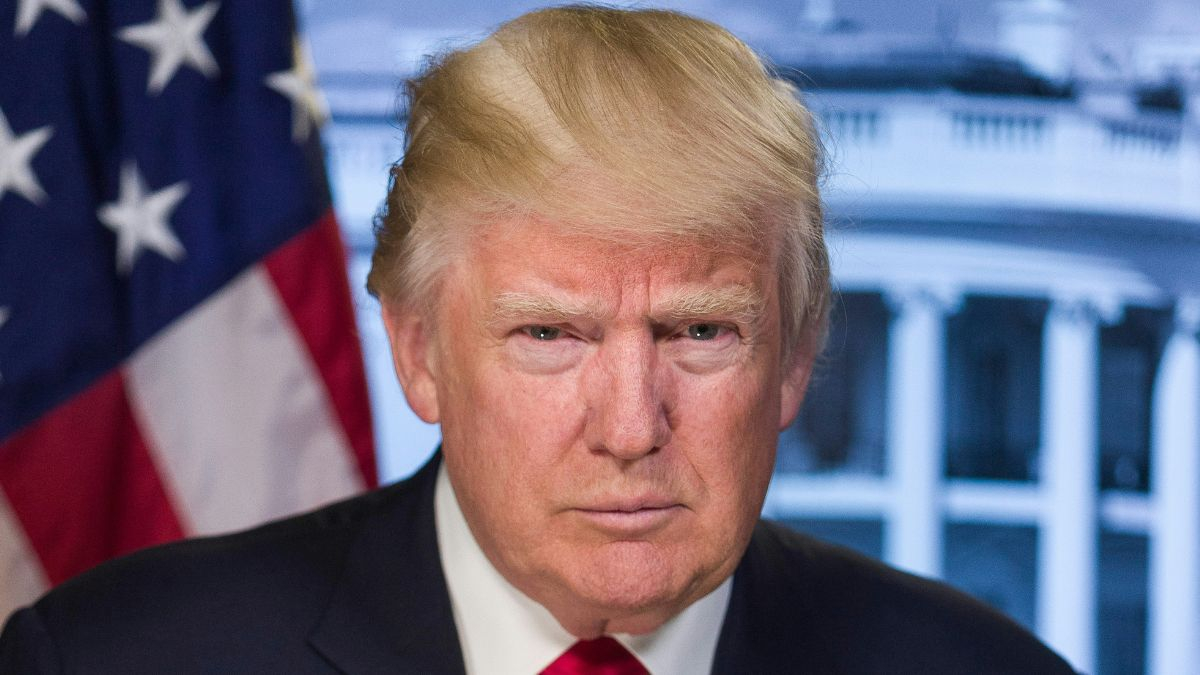The Social Security Fairness Act has been a significant step forward for millions of retirees, especially those in public service jobs. Signed into law by President Biden earlier this year, the legislation aims to repeal decades-old provisions that unfairly reduced Social Security benefits for people receiving government pensions. But as the Trump administration prepares to take charge, questions loom about whether the new president could revoke his support or face challenges in implementing the act.
Let us dive into the potential roadblocks and what this could mean for millions of Americans.
Can Trump revoke his support for the Social Security Fairness Act?
While Trump initially supported the Social Security Fairness Act during its passage, implementing it under his administration could be tricky. Technically, a president cannot “unsign” a law once it has been passed. The Social Security Fairness Act is already the law of the land, and revoking it would require Congress to pass a repeal, which is highly unlikely given the bipartisan support it received.
What could happen, however, is a slowdown in implementing the law. With budget constraints and the Social Security Administration (SSA) already stretched thin, the Trump administration could face significant challenges in rolling out the new benefits.
What are the biggest hurdles for implementing the new law?
Implementing the Social Security Fairness Act comes with its share of challenges. These hurdles could affect how quickly retirees see their increased benefits:
- Administrative burden: The SSA is already dealing with one of the lowest staffing levels in 50 years. Processing new claims and recalculating benefits for millions of individuals will be a mammoth task.
- Budget shortfalls: The SSA is operating on a continuing resolution budget, which does not account for the additional costs of implementing this new law. Without extra funding, the agency may struggle to meet the demands.
- Public confusion: Many people mistakenly believe they qualify for benefits under the new law when they do not. Communicating who qualifies and who does not will require significant outreach.
Will this law make social security insolvency worse?
One of the main criticisms of the Social Security Fairness Act is its potential impact on the already-strained Social Security Trust Funds. Repealing the Windfall Elimination Provision (WEP) and Government Pension Offset (GPO) will boost benefits for millions, but it will also come at a cost.
- Increased payouts: The Congressional Budget Office estimates the new law will add $195 billion to federal deficits over 10 years.
- Earlier insolvency: Social Security was already projected to run out of funds by 2035. This new legislation could accelerate that timeline by about six months.
While supporters argue the law corrects unfairness in the system, critics worry it could worsen long-term financial challenges.
How will the law affect public service retirees?
For retired teachers, firefighters, and other public servants, the Social Security Fairness Act is a game-changer. Here is what it means for them:
- Boosted benefits: Those affected by the WEP and GPO will see an increase in their monthly Social Security checks.
- Expanded eligibility: Some individuals who previously did not qualify for benefits may now be eligible.
However, retirees will need to be patient as the SSA works through the backlog of new claims.
What steps could the Trump administration take to ease implementation?
Here are some ways in which the Trump administration can take forward the implementation of the Social Security Fairness Act:
- Advocate increased funding: Open up the SSA’s administrative budget to meet the costs of new claims processing.
- Partner with retiree education providers: Streamline communication by partnering with organizations like AARP or unions that represent public employees.
- Invest in technology: An update of the SSA legacy applications will produce a more timely application-processing environment along with fewer errors.
The Social Security Fairness Act certainly holds great promise for millions of retirees. Implementation under Trump will not be without its trials. Administrative hurdles, budget constraints, and public confusion all stand to hinder the promises of the law from ever becoming a reality.
The new administration can face these challenges and ensure that public service retirees get the benefits they always deserved.
Continue reading:
What is the Social Security Fairness Act and how could it affect you?

